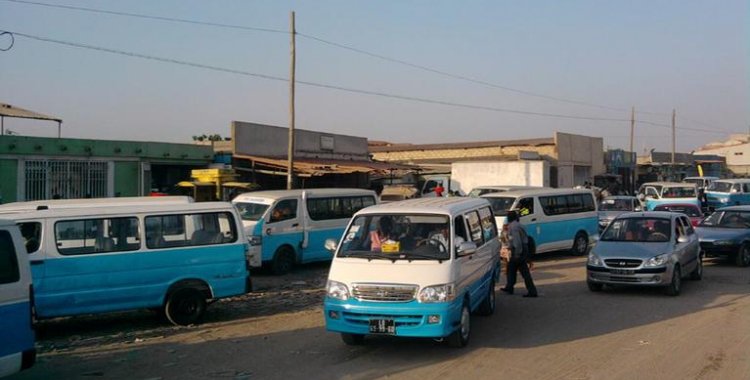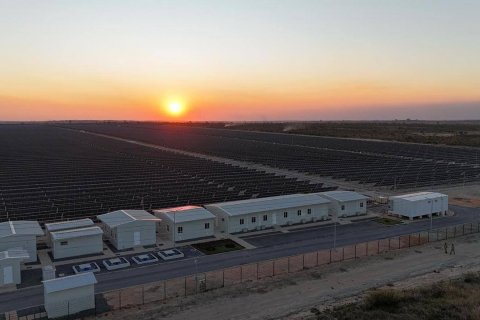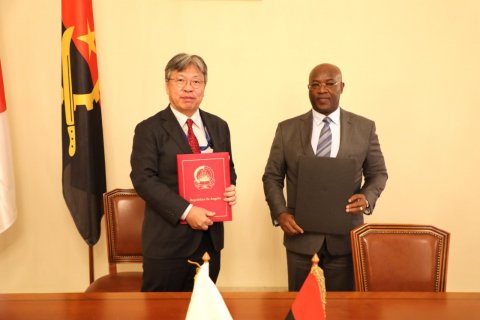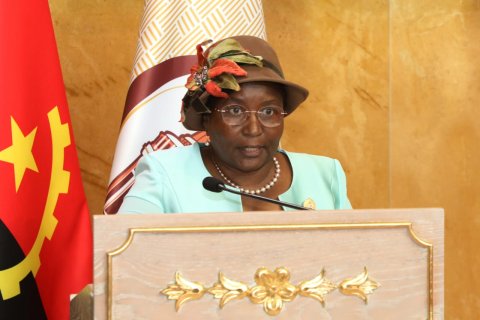On Thursday, the government announced that the price of a litre of diesel would increase from this Friday, the second increase this year, from the current 300 kwanzas to 400 kwanzas.
"We received the news with great concern and sadness, because, although we are aware of the need that the government claims to have to gradually remove fuel subsidies, we as taxi drivers, who are totally dependent on fuel, especially diesel, do not agree with the measure, because it will make things worse and increasingly suffocate taxi drivers", said Francisco Paciente in statements to Lusa.
For the president of ANATA, this measure "will gradually kill small private initiatives both in the area of transport and in the area of other productive activities such as agriculture and fishing, because these also depend on this important fuel".
"We are not satisfied, as the largest platform for guidance and defence of taxi drivers, we are very dismayed and concerned about the economic and social situation of the class", he said.
According to Francisco Paciente, a meeting of leaders is taking place this Friday to begin listening to the concerns of taxi drivers, stressing that "the Government is not concerned with the socioeconomic condition of this class".
"It is more concerned with increasing the price and creating inflation and difficulties for the people themselves, and this worries us a lot", he noted.
The association leader stressed that an increase in taxi fares cannot be ruled out, a "reciprocal" movement, not only for taxis, but in all areas and products, given that "diesel has a very big impact on petrol".
"Therefore, the increase in diesel prices will indeed affect the price situation in the country (...) I must say that it will indeed change the price of taxi fares", he stated.
According to Francisco Paciente, this Friday the Government is meeting with the associations, after the increase in the price of diesel, but the leaders are concerned with their members "and no longer with listening to what is already public".
The statement from the Petroleum Derivatives Regulatory Institute (IRDP) states that the prices of the remaining products subject to fixed prices — namely gasoline, lighting oil and liquefied petroleum gas — remain unchanged.
The evolution of diesel and gasoline prices in Angola since the beginning of the gradual withdrawal of fuel subsidies in 2023 reflects a process of progressive adjustment implemented by the Government, with the aim of aligning prices with market values by the end of 2025.
Since June 2023, the price of gasoline has risen from 160 kwanzas to 300 kwanzas per litre, an increase of 87.5 percent, while diesel has risen from 135 kwanzas to 400 kwanzas per litre, which corresponds to an increase of more than 120 percent.
Since the beginning of the year, the price of diesel has risen by 50 percent in March, to 300 kwanzas, and now has a further increase of another 100 kwanzas per litre.
In 2022, fuel subsidies totalled 1.98 trillion kwanzas, with the government expecting annual savings of around 400 billion kwanzas with their elimination, which could happen by the end of 2025.
The subsidy removal policy aims to reduce the burden of public spending and redirect resources to priority sectors such as health and education.







